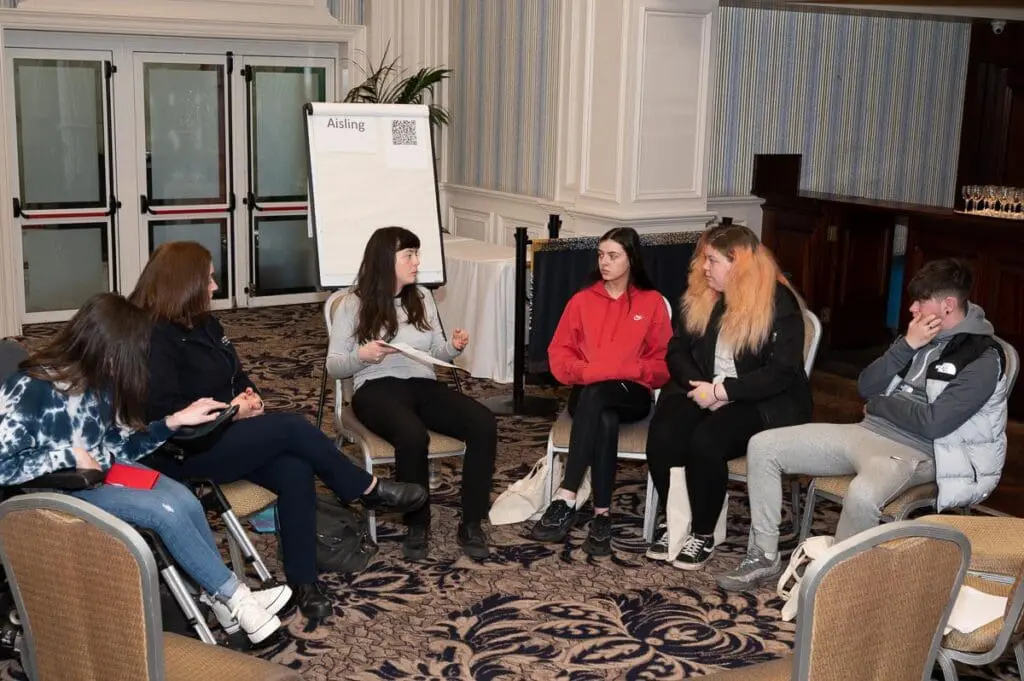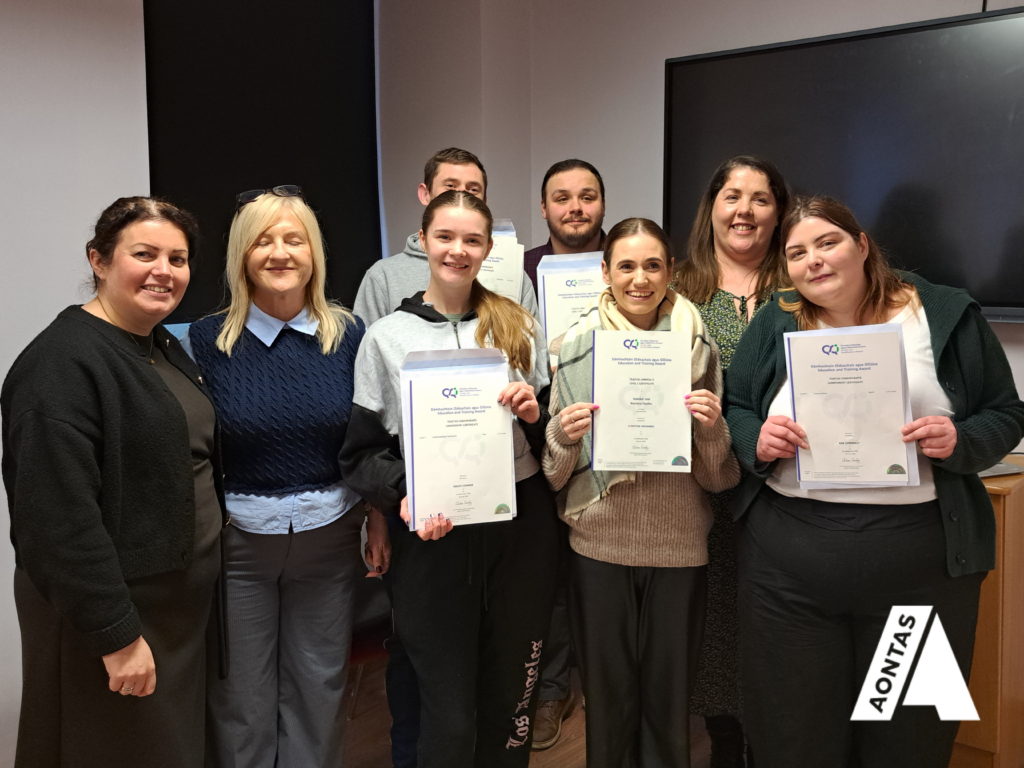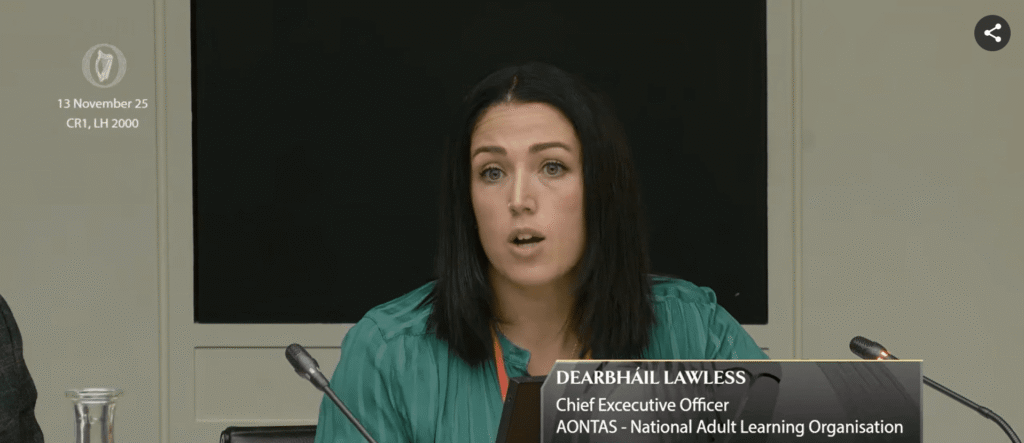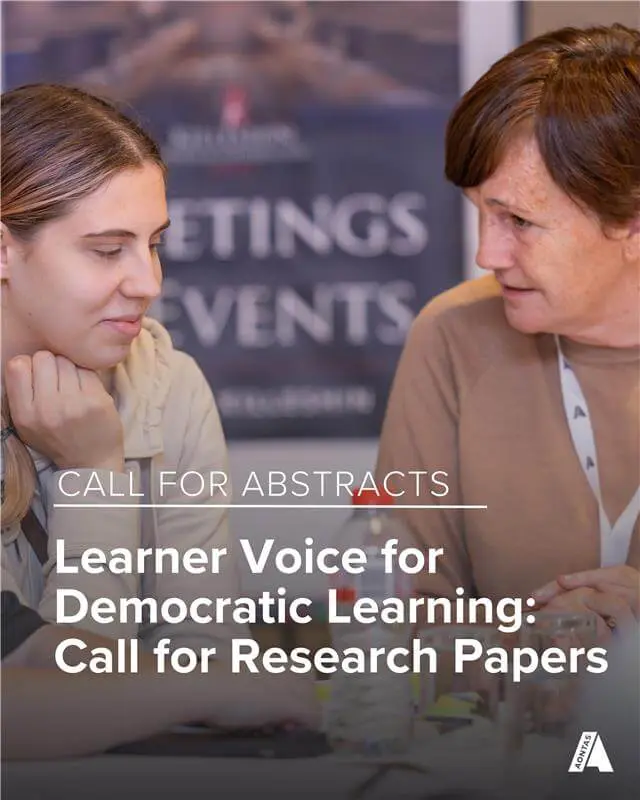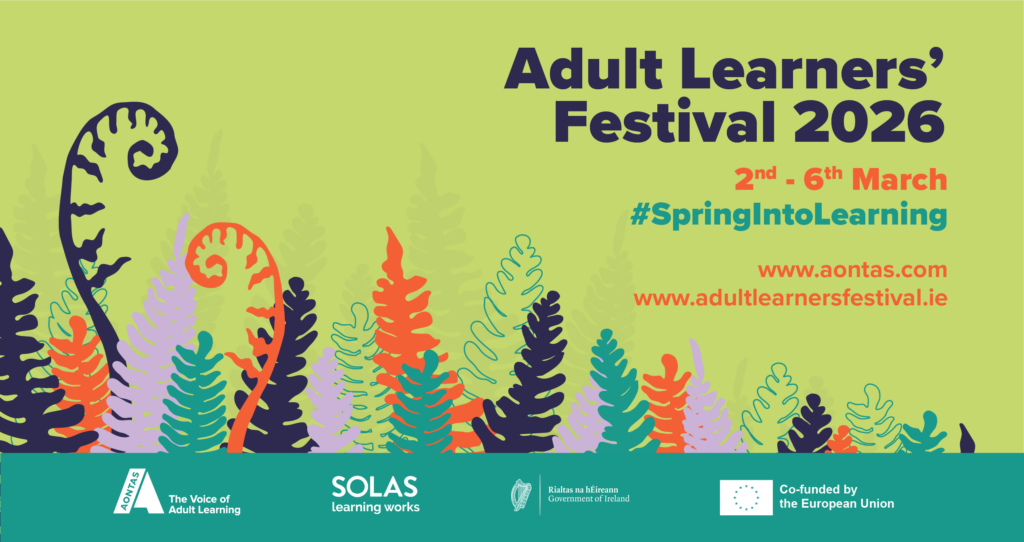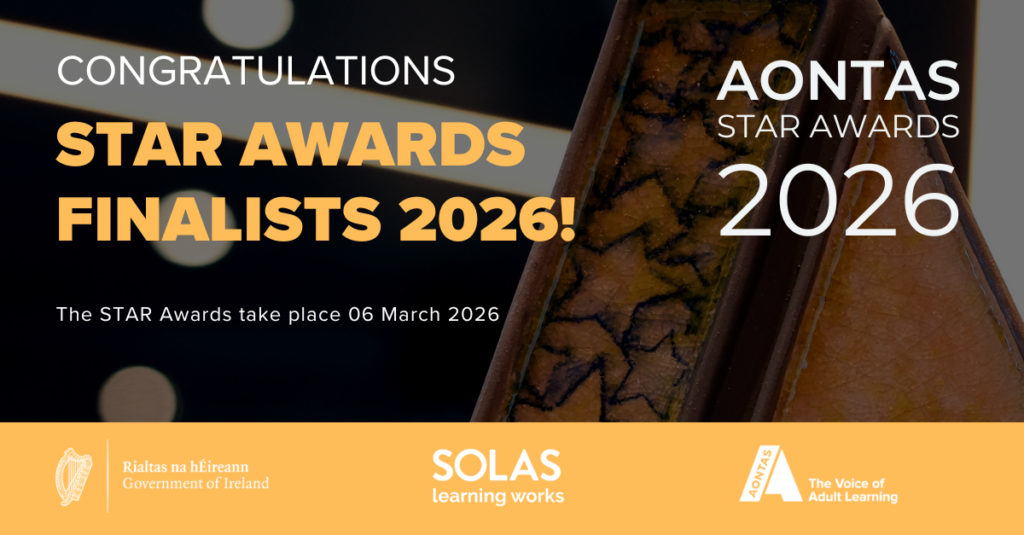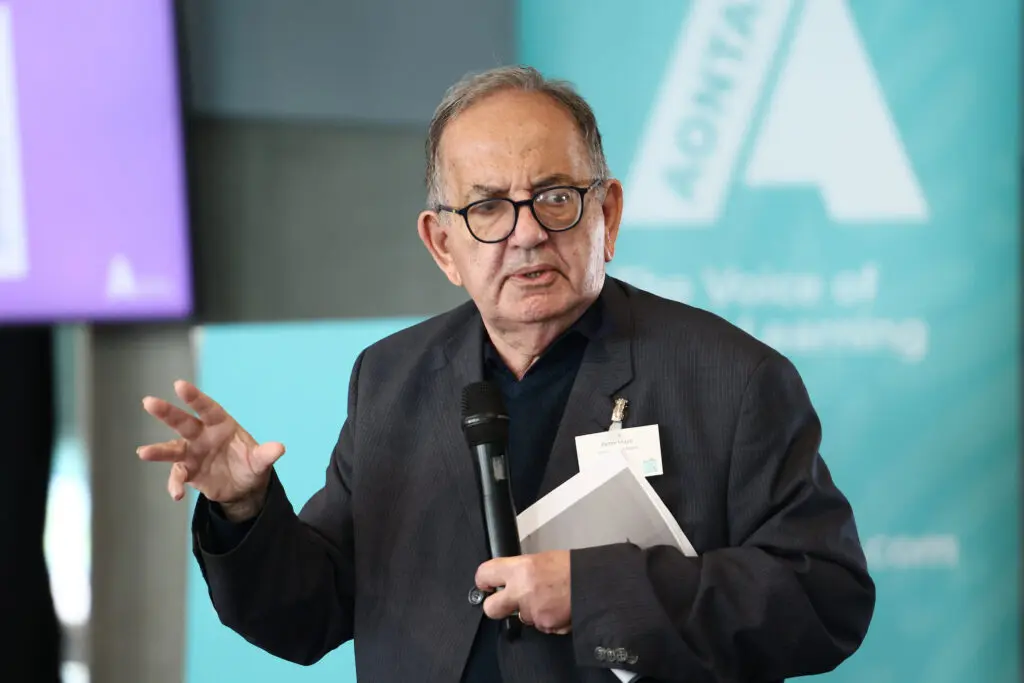And while I valued the opportunity to provide care, support, and guidance to often very marginalized people and communities, over time I grew increasingly aware of the limitations of what I could do. I learned more, within a few short years working in the community and voluntary sector, about the potential of research to facilitate social change. I completed a Masters in Applied Social Research at Trinity College Dublin and shortly after went to work as a Research Officer at AONTAS.
Making Real Social Change Happen
Despite the fact that there is lots of documentation of social issues, we still have gaps and inconsistencies in research for marginalised people in Ireland and across the world. Research remains inconclusive in relation to health and wellbeing outcomes for people accessing voluntary, community, and state agency sector services. Marginalised people continue to be let down by service interventions. Given the complexity and depth of these interventions, it is vital that the voices of the people affected are heard.
By gathering data and combining it with the direct experiences of these people, social research has the power to elevate voices that have traditionally been excluded from reviewing and commenting on interventions that are supposed to cater for and to them. When these voices are heard and their experiences taken seriously by stakeholders who have power in policy and legislative reform, real social change can happen.
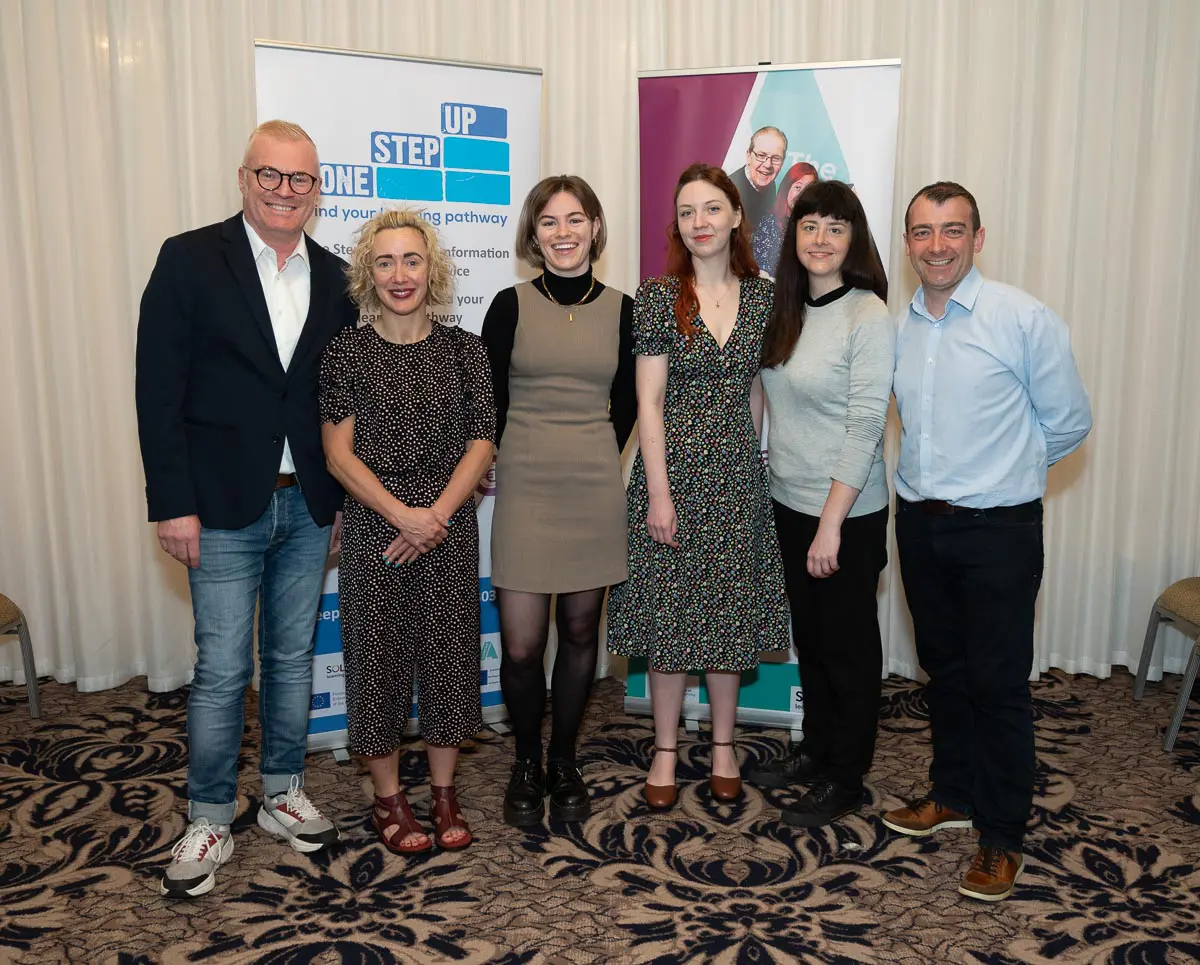
Some of the Research Team at AONTAS at a recent National Further and Higher Education (FET) Learner Forum event
Empowering People
Traditionally, in social work, interventions and treatments are carried out by social workers onto people accessing support services. More recently, we have seen the development of the peer-led model, which empowers the people who need to access services to use their voice and decide what these services should look like.
My interest in the peer-led approach began when I acted as a facilitator with a conflict resolution group. The group was led by individuals who were similar to, or have faced similar issues as, the people to whom they were delivering the workshops. For four years, I co-facilitated these workshops with my colleagues. This experience gave me an understanding of the varying dynamics of vulnerable groups, who may not be used to, or comfortable with, taking part in workshops like this.
Peer-led Programmes
I decided to go back to the places where I had worked and set up participatory research, which emphasizes the participation and action of members of communities affected by that research. As this peer-led programme was the first of its kind in Ireland, we had to evaluate it to test its efficacy. We did “formative” and “summative” evaluations. A formative evaluation ensures a programme is delivering what it set out to deliver, to whom and why. A summative evaluation analyses whether the programme is meeting its outcomes. An example I worked on was an overdose awareness initiative. Here, service users actually informed the initiative and contributed to its design. This ensured that those viewed as vulnerable to overdose would receive peer-informed, harm reduction literature and intervention.
The goal of this kind of research is to understand the world by trying to change it, collaboratively and with reflection. This type of research also has the capacity to reach more marginalised people by increasing their trust and “buy in” to the research. Participatory research assumes that everyone has valuable knowledge about their lives and experiences and all people have the ability to develop strong critical analyses – of the world, data, and social experiences. All partners in the process contribute expertise and share in the decision-making and ownership.
I led campaigns for legislative and policy reform on issues relating to my previous organisation’s service users. The success of these campaigns is largely based on the quality of the data collected and on the depth of the analyses. It is crucial to gather evidence of the issues experienced by the participants in a campaign. This evidence can be used for real social change.
How We Do Research
Always in research, you need to have a research question. Social research aims to answer questions that arise from a social phenomenon or problem. A research question is posed at the beginning of a project and will steer the project’s aims and objectives, and often the approach that will be used.
Understanding how to do research – choosing what we call a “research method” – means you need to know how research works and how you can use it to generate results. You can then use these results to answer your research question. Understanding comes before competence. Sometimes people become technically competent with the theoretical part of the research without understanding how or where to apply it most appropriately—this leads to bad research!
Qualitative research methods, such as semi-structured interviews or focus groups, use a pre-determined set of open questions that provide a guide for the researcher to elicit a respondent’s experiences on the chosen research topic. Semi-structured interviews are generally conducted with a researcher and one research respondent, whereas a focus group is conducted in a group setting. Both of these methods are flexible enough for a rapport to develop between the researcher and respondent. This enables the researcher to ask probing questions if necessary. This means respondents are more likely to share more complex and multidimensional experiences.
For AONTAS, when using research in our advocacy work, this information is crucial to add more breadth to policy papers and the recommendations we make to Government regarding documented social issues. For instance, as part of the research for the National Further Education and Training (FET) Learner Forum, AONTAS (2022) has found that there is insufficient funding for transport, accommodation and meals.
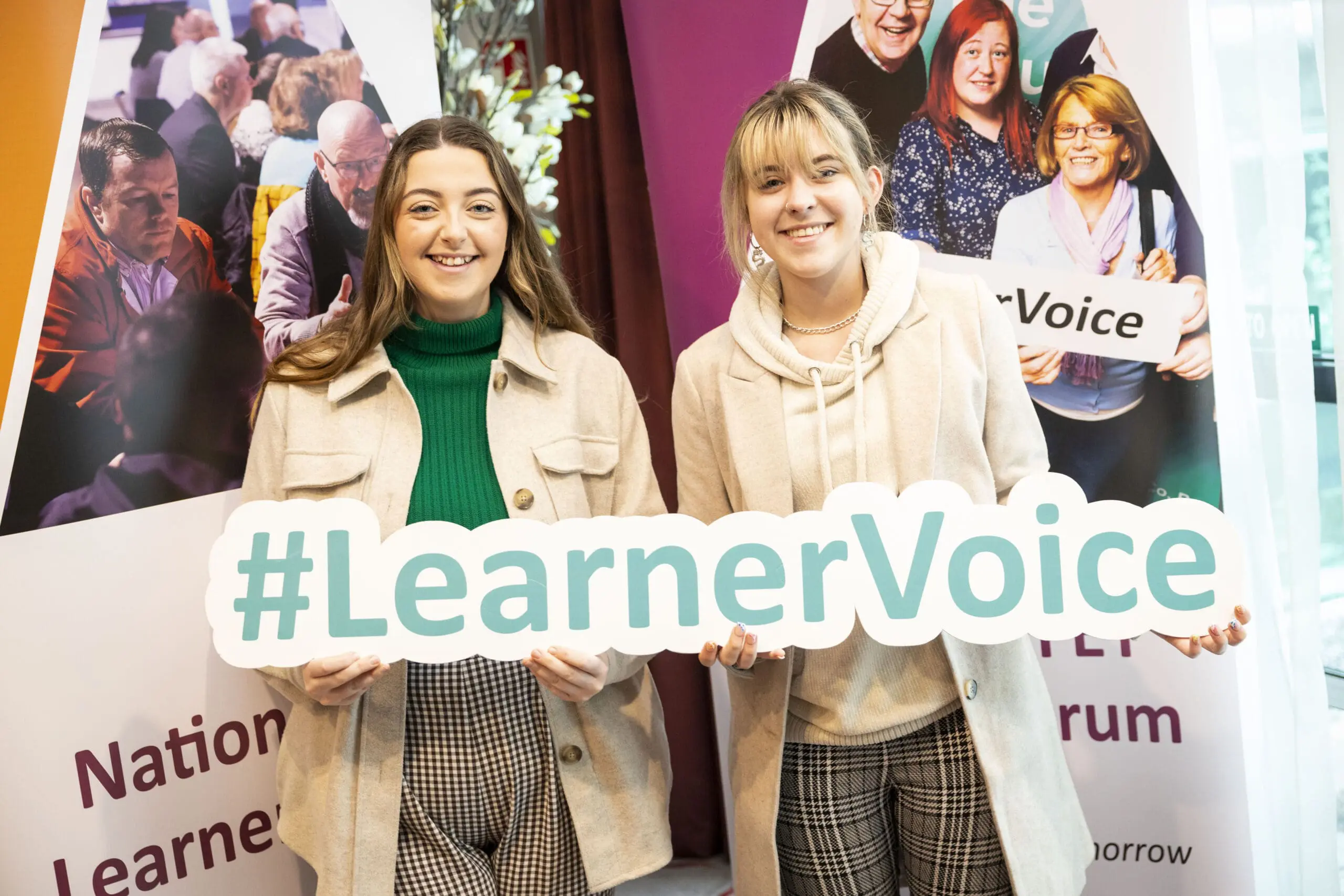 Most notably, apprentices are expected to travel extensively across the country as part of their course, and receive insufficient funding to do this. AONTAS has incorporated this finding from the Forum work into our 2023 pre-Budget Submission, which urges the Government to ensure funding for apprentices in order to create a more equitable, inclusive education system.
Most notably, apprentices are expected to travel extensively across the country as part of their course, and receive insufficient funding to do this. AONTAS has incorporated this finding from the Forum work into our 2023 pre-Budget Submission, which urges the Government to ensure funding for apprentices in order to create a more equitable, inclusive education system.
Different Methods
Often, I use different methods to generate material to answer specific research questions. I might use documentary methods, such as a strategic policy document review, to establish the origins of a particular policy impacting on adult learners. I might use interviews to find out how learners experience the policy. I might use a survey to assess the views of those affected by the policy. I need to work out how these elements relate to each other and how each contributes to the overall objectives of the research project.
A large part of the work of the Research Team at AONTAS centres around the National Further Education and Training (FET) Learner Forum, which is a series of events that take place across Ireland and facilitate adult learners to share their experiences of learning.
Learner Voice is central to the objectives of the Forum. Learner Voice is a concept in education that means that learners should have a say in decisions about their own education. It means that those who learn, not just those who teach, should influence the educational experience.
The Forum aims not only to gather learners’ feedback for direct action and change, but to be a positive, transformative experience for each learner taking part.
Connecting Worlds, Impacting Policy
The Forum has opened a dialogue between policy makers and academics. It is a process that is informed by the perspectives of both worlds, and we have adapted it to the suggestions from both fronts in an effort to move toward a collaborative approach.
The Forum helps us share with policymakers and academics vast range of information on issues of social inclusion, the Irish legal system, addiction, housing, social welfare, education, employment, gender-based violence, child welfare and protection. This facilitates understanding of the nuanced and complex ways in which those accessing adult and community education are affected by these interlinking issues. Being able to apply sharp analytical skills is crucial to advocating for vulnerable people.
I get the most job satisfaction from finding solutions to problems. The research itself cannot necessarily provide solutions to problems. Often research can lead to more questions than answers! But working in an organisation like AONTAS, which has such a strong advocacy component, means that the research I do can be a vehicle for real change.
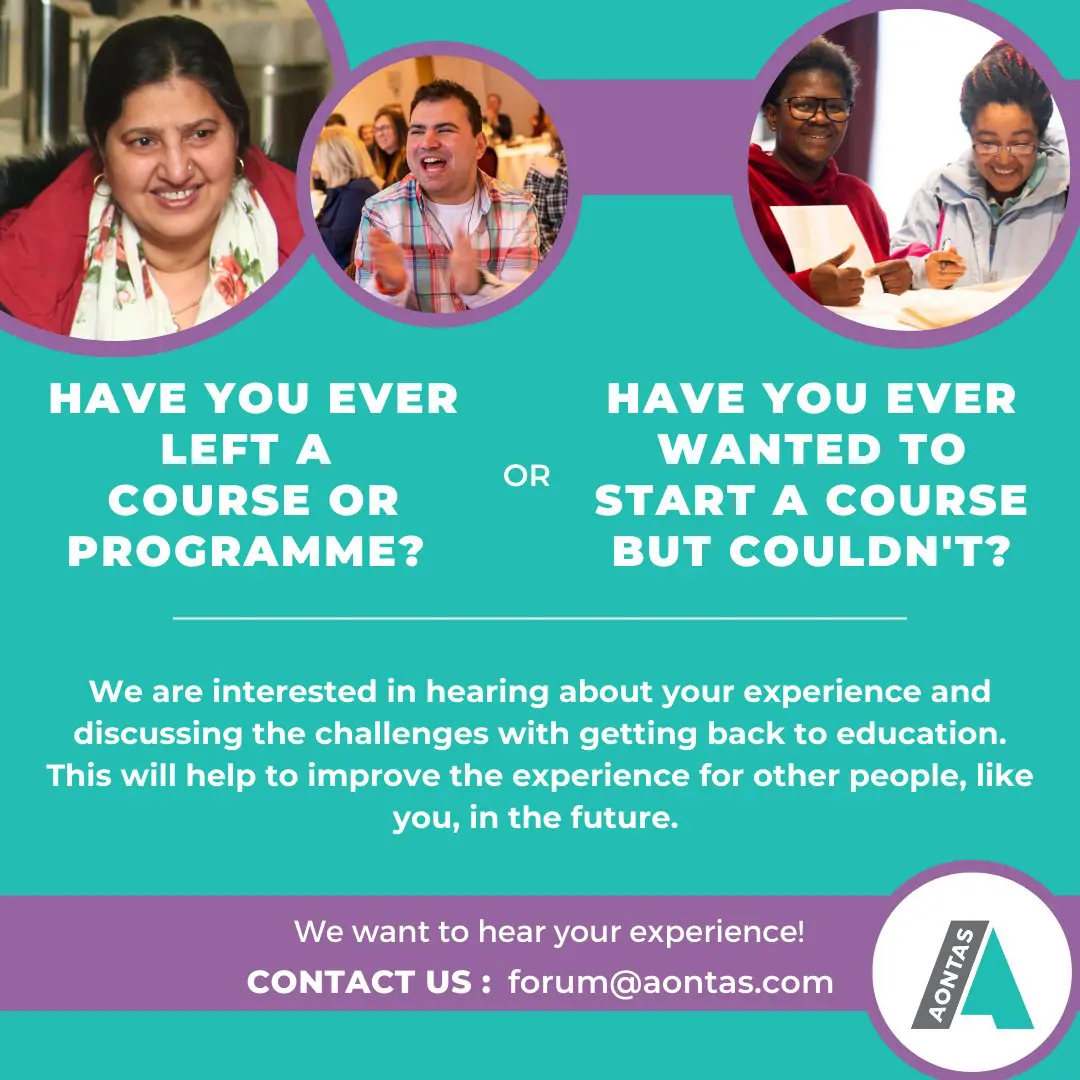 AONTAS is currently running a new research project called Lifelong Learning Participation, which involves holding discussion groups with people who have had to drop out of courses, or who have wanted to do courses but can’t or feel they don’t have access. If you’re an education provider working with learners and you’re interested in participating in our research and making a difference to society, contact forum@aontas.com.
AONTAS is currently running a new research project called Lifelong Learning Participation, which involves holding discussion groups with people who have had to drop out of courses, or who have wanted to do courses but can’t or feel they don’t have access. If you’re an education provider working with learners and you’re interested in participating in our research and making a difference to society, contact forum@aontas.com.
For more on AONTAS’s Learner Voice work and the National FET Learner Forum, click here.
